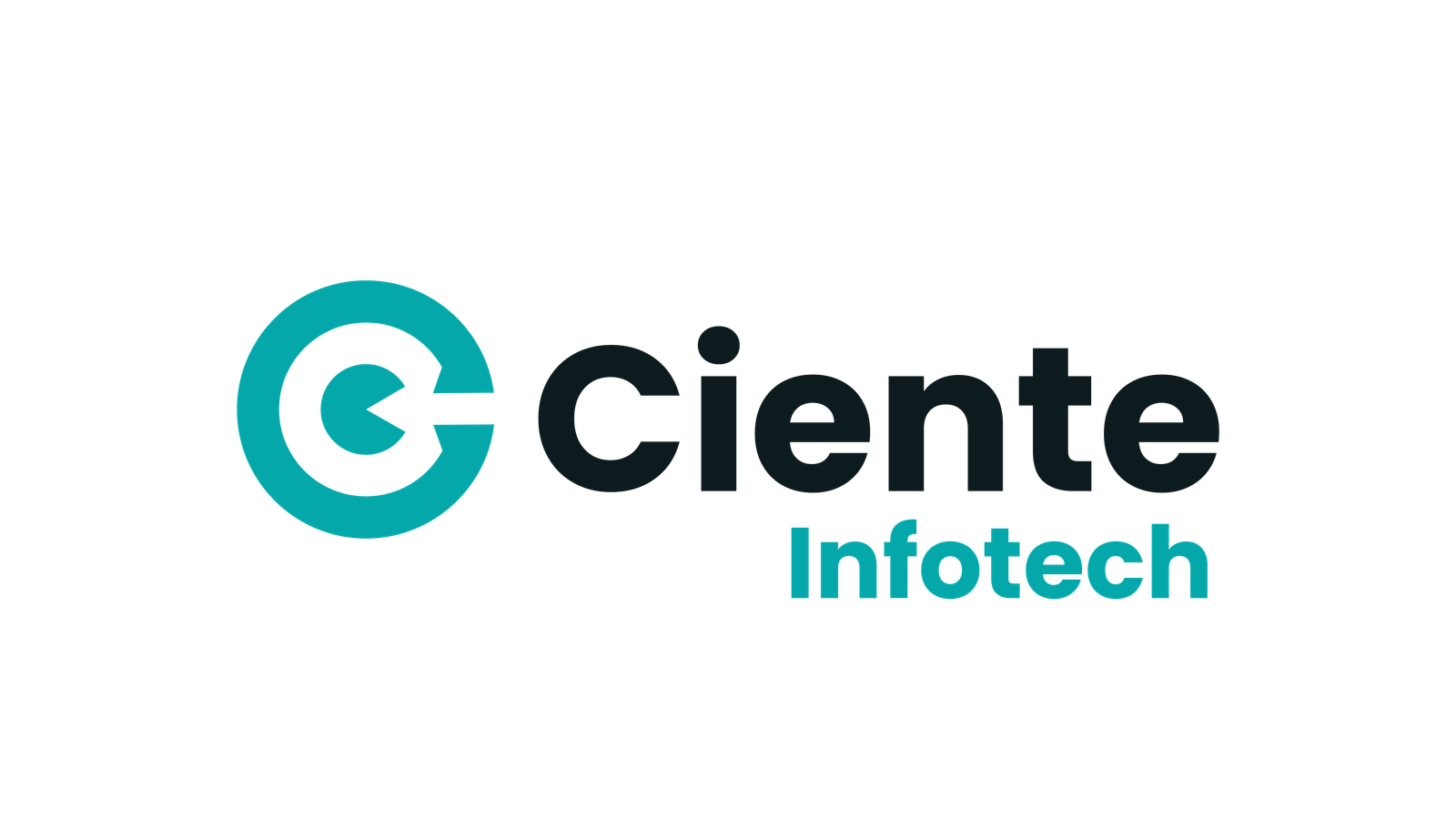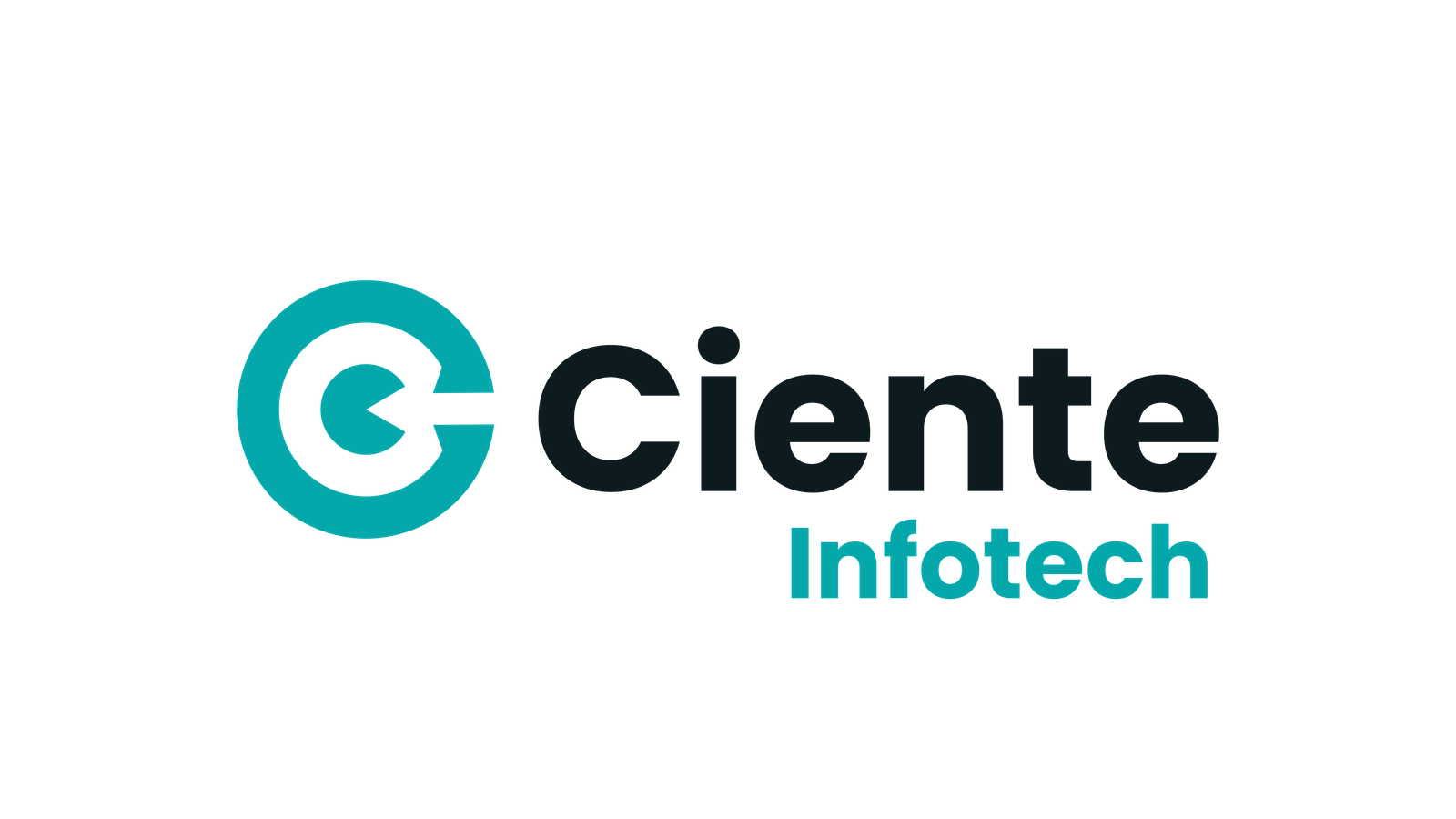News provided by
Nov 18, 2024, 00:01 ET
New BCG Survey of 770 CEOs, CFOs, and COOs from Europe, the Middle East, and South Africa Highlights Need for More Companies to Adopt a Strategic Approach to Cost Optimization
BOSTON, Nov. 18, 2024 /PRNewswire/ — Inflation, increased barriers to trade, and relatively low global growth are among the factors currently placing tremendous pressure on business leaders and forcing firms to review and re-evaluate their costs to stay competitive and innovate. Despite these high stakes, only 48% of companies on average achieve their cost savings targets. Further, only 35% of executives report that their organizations’ approach to cost is strategic and planned, while the remaining 65% admit that their most recent cost-optimization program was an ad-hoc response to changing market conditions.
These are among the findings of a new report being published today by Boston Consulting Group (BCG). Titled Leading Edge: How Pioneering Companies Achieve Cost Excellence, it is informed by a survey of 770 CEOs, CFOs, and COOs from 21 countries across Europe, the Middle East, and including South Africa that BCG conducted with FT Longitude. The respondents represent companies from various industries, with annual revenues ranging from $100 million to more than $100 billion.
About 20% of the organizations in the survey are identified as “cost optimization pioneers” that outperform other organizations on operational and cost improvement goals. These are companies that meet most, or all, of their process and productivity improvement targets and at least 60% of their cost savings targets. A critical factor in their success is their early adoption of AI. In this group, 56% already consider AI to be an integral or significant contributor to cost competitiveness in the short term, and 70% of cost leaders say AI will become integral to operational efficiency within five years.
Overall, 93% of the surveyed companies are currently using AI to reach their cost optimization goals—or intend to do so within the next 18 months. In the short term, it is used tactically to create immediate cost savings and productivity improvements. As AI advances, executives expect it to play an even greater role: 50% expect it to become integral to their cost strategy within three to five years, and a further 44% expect the technology to contribute significantly to their achievement of cost goals.
One of the ways that cost optimization pioneers manage the cost optimization process differently from other organizations is by embracing an “always-on” approach that enables them to create an overarching cost-focused company culture. The survey highlights that organizations that treat cost optimization as an ongoing, “always-on” process achieve, on average, 62% of their savings targets, compared with just 43% for companies with time-limited one-off programs. Further, 85% of always-on programs hit most, or all, of their process improvement targets, while for periodic programs it’s only 74%. When it comes to productivity the difference is even more stark: 89% compared with just 69%.
“Our client work suggests that a more holistic approach enables companies to tackle deep-rooted, structural cost factors that can only be solved with long-term commitment,” said Paul Goydan, a managing director and senior partner at BCG, and global lead for the firm’s cost and efficiency offer. “These always-on businesses, which position themselves to optimize cost structures in boom times as well as in times of crisis, also outperform the rest on criteria including investor value, competitive position, and financial risk exposure. Other organizations have a lot to learn from them.”
The report stresses the importance of the roles that effective change management and strong, committed leadership play in determining the success or failure of a company’s cost optimization program. For 62% of the companies surveyed, cost transformation translates into new skills requirements. And increased adoption of AI makes skills shortcomings even more likely: 70% of CEOs, COOs, and CFOs said that automation of processes and workflows has created skills gaps in the workforce.
Among the cost optimization pioneers, 82% said that leadership communicates from the top down—with the CEO taking center stage–in order to embed cost awareness into everyday operations, compared with just 37% of underperforming businesses. The pioneers use executive-led town halls effectively, and they make sure that managers model cost-conscious behavior.
“Don’t underestimate the people aspect of any cost optimization journey. We see leaders naturally facing a lot of resistance because change is hard. To unlock progress, co-create a ‘North Star’ with the leadership team and embed change management from the start,” said Mai-Britt Poulsen, a managing director and senior partner at BCG. “How do you know when a transformation is understood? It’s when the North Star is not just agreed upon in the boardroom, but also lives on the front line—from the shop floor all the way through to customer-facing teams.”
Download the publication here:
https://www.bcg.com/publications/2024/achieving-cost-excellence
Media Contact:
Eric Gregoire
gregoire.eric@bcg.com
About Boston Consulting Group
Boston Consulting Group partners with leaders in business and society to tackle their most important challenges and capture their greatest opportunities. BCG was the pioneer in business strategy when it was founded in 1963. Today, we work closely with clients to embrace a transformational approach aimed at benefiting all stakeholders—empowering organizations to grow, build sustainable competitive advantage, and drive positive societal impact.
Our diverse, global teams bring deep industry and functional expertise and a range of perspectives that question the status quo and spark change. BCG delivers solutions through leading-edge management consulting, technology and design, and corporate and digital ventures. We work in a uniquely collaborative model across the firm and throughout all levels of the client organization, fueled by the goal of helping our clients thrive and enabling them to make the world a better place.
SOURCE Boston Consulting Group (BCG)



